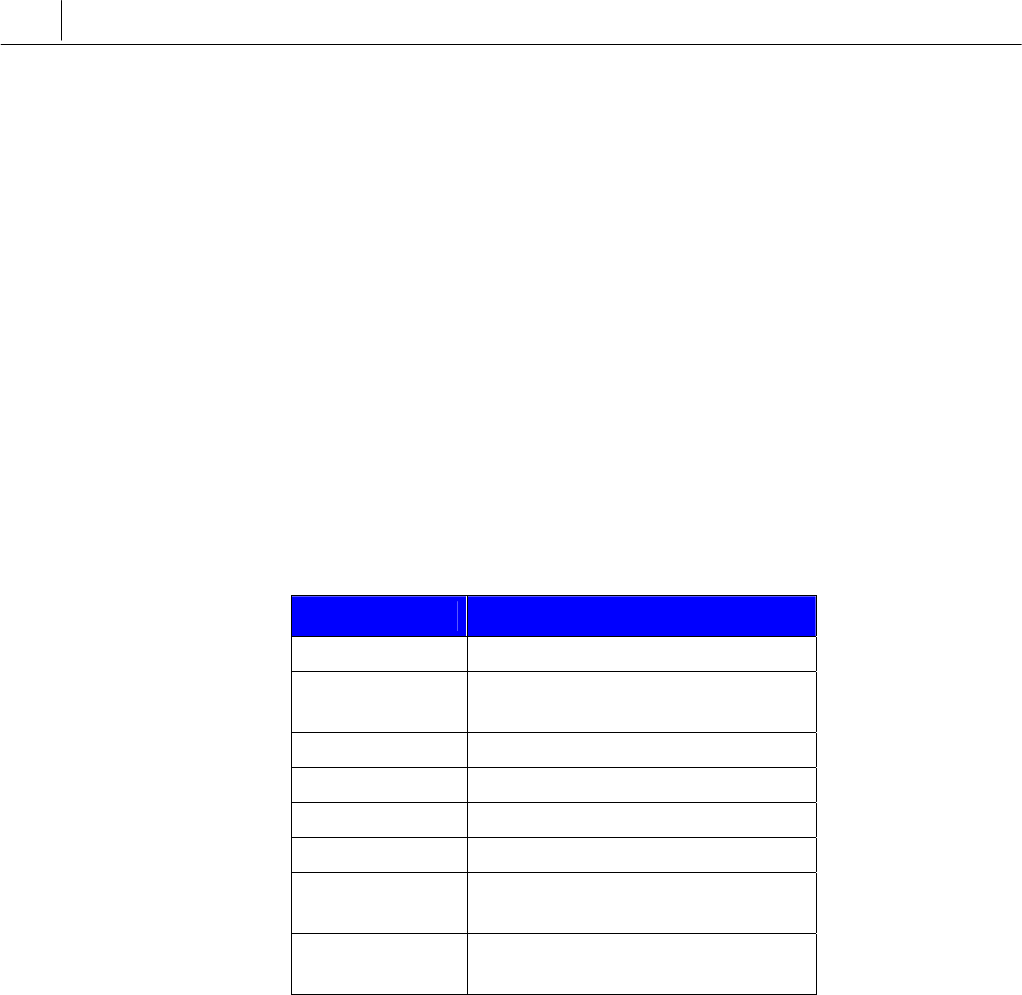
2-2
Chapter 2
Hardware Descriptions
Common Control Cards
PROCESSOR CARDS
The system requires a processor card (or cards) in order to operate. In a single cabinet
system, only the Main Control Processor (MCP2) card is required. (See the Technology
section in Chapter 1 for a description of how Main Control Processor cards work.) When the
system is expanded to two or three cabinets, an SCP2 card is also required in the main
cabinet to assist the MCP2. Each expansion cabinet requires its own Local Control
Processor (LCP2) card. These cards are described here.
Main Control Processor Card (MCP2)
The features of the MCP2 card are described in the table below.
Table 2-1 MCP2 Card Features
Item Description
Processor 32 bit, 80 MHz
SIO Port
(Asynchronous)
Basic 2 port (SIO2,SIO3)
SmartMedia Card 16 MB
SRAM Basic : 4 MB
SDRAM Basic : 64 MB
HDLC Port for IPC Basic: Installed
Time switch Basic : 512x512 Ch.
Expansion : 1024x1024 Ch.
Daughterboard
Mounting
LOC1, LOC2, LOC3
The MCP2 is installed in the dedicated processor slot 10 of the first cabinet and has positions
for three daughterboards (refer to table below).
The first daughterboard position (LOC1) can support one of four types of daughterboard: a
Multi-Frequency Module (MFM), a Switch/Conference Module (SCM), an R2/CID Module
(RCM2), or an Expanded Switching Module (ESM). The ESM must be installed in this
position on the card in a multiple cabinet system, or in a single cabinet system
running ‘L’ version software.
The second daughterboard position (LOC2) can support the MFM, the SCM, or the RCM2.
The third daughterboard position (LOC3) can support an MFM, SCM, RCM2, or
Miscellaneous (MISC) daughterboard.


















